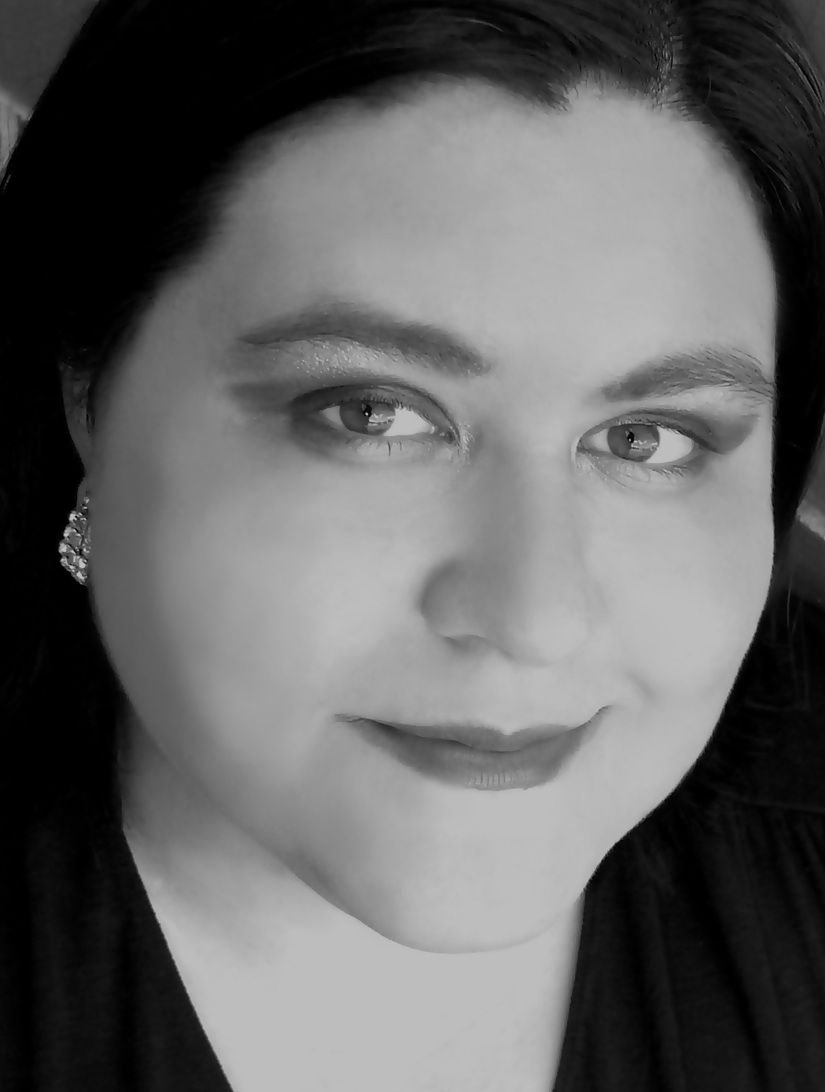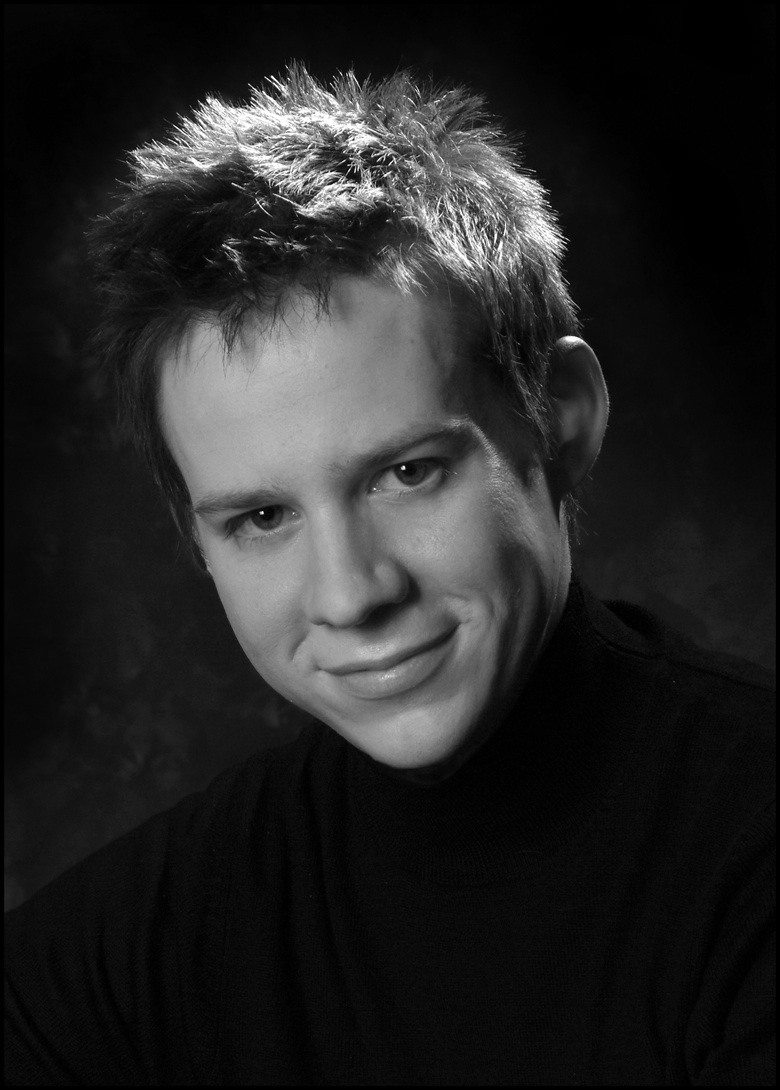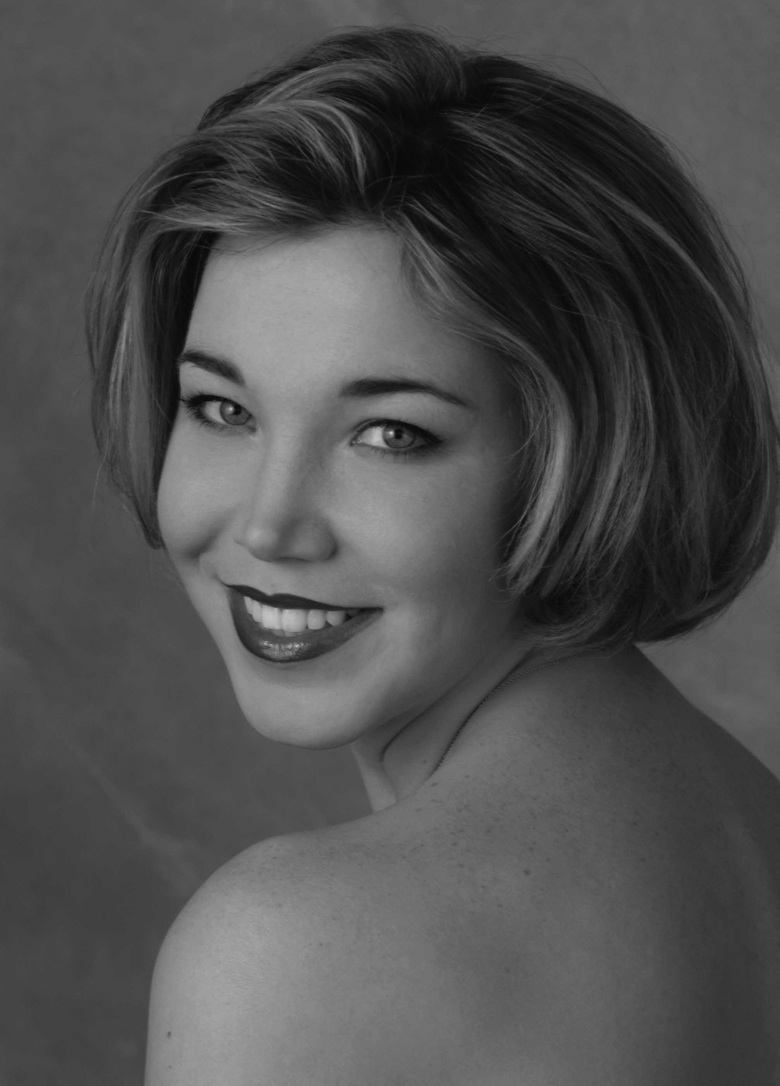
A glimpse into the future of opera
Thirty finalists out of 750 applicants showed their mettle Friday evening, July 10 in the first of four concerts of the Merola Opera program, a 12-week summer intensive for singers culled from throughout the world. This prestigious program is affiliated with the SF Opera, and counts numerous luminaries among its graduates, including Anna Netrebko, Deborah Voight and Thomas Hampson.
At the July 10 concert, scenes from five operas were minimally staged—no sets but fine acting and stage direction—backed by a first rate pick-up orchestra conducted by Mark Morash. This operatic potpourri was a treat of diversity, ranging from Christoph Gluck’s early classical elegance to Richard Wagner’s shrouded romanticism. The diversity both held our interest and showcased the singers’ differing vocal temperaments.
After an audience warm-up, the lively overture to Gioachino Rossini’s L’Italiana in Algeri (The Italian Girl in Algiers), soprano Kate Crist blew out the carburetors, figuratively speaking, in a powerful performance as Senta in Wagner’s Der Fliegende Hollander.
Crist manifested a mesmerizing mix of sweet German vowels and heavy vibrato, poured out into the air like molasses. When she clutched the portrait of the Flying Dutchman, her intense devotion was as scary as any swooning rock fan’s.
Gregory Carroll played Erik, the villager whose marital hopes are dashed by the ghostly ship and Senta’s romance with mystery. His rich baritone voice was murky with overtones, yet held a lovely translucence. Wagner breaks up his pleas, and their well-matched duet, with soft French horns to evoke a call from beyond the foggy shores.
Following this chilling scene was one set in Hell, Gluck’s Orfeo ed Euridice.

Gluck, a contemporary of Handel, left the ornate Italian Opera Seria school to redeem text, by using unadorned melodic lines. He is nowhere more simple and elegant than in “Che Faro Senza Euridice,” Orpheus’ lament on the loss of Euridice on the long road up from the underworld.
Scored for countertenor and soprano, two voices in the same register, this opera is a feast of timbre. Countertenor Ryan Belongie sang this aria with direct emotion and a penetrating lightness. Soprano Susannah Biller sang the part of Euridice, and in duet with Belongie her fast vibrato and wealth of overtones matched his cooler clarity, an oboe to his clarinet. The grief and confusion they brought to their roles played out in major mode, an archaic surprise, but effective.
The high caliber of the talent proved this as a “finishing school” for already professional singers, with one difference—these singers could act. Their youth and willingness to take stage direction, coupled with the tight polish of Director Roy Rallo, added emotional depth to every scene. There was a rapt tension in the audience: perhaps some had gone beyond the pleasure of solid technique and contemplated going back to hell for Euridice.

Gian Carla Menotti wrote many of his own texts, and he understood how a gripping piece of writing is essential for successful opera. In The Medium, he twists the plot on a dime, teasing and shocking the audience. Suzanne Hendrix sang the difficult role of Baba, ranging from sultry contralto to manic laughter and vulgar shouts. Her near-psychotic conviction brought madness and murder closer to the surface than was comfortable.
In the second half of the program Rossini’s L’Italiana reappeared, with Isabella, the Italian aviatrix, snaring Mustafa, the Algerian bey. And then the plot thickens! Mustafa is played with palpable lust and impatience by Yohan Yi, and his reverberant bass added a regal believability.
They closed with the final act of La Boheme, with Lori Guilbeau nailing the role of Mimi. She brought a quiet intensity to her death scene—oops, spoiler alert. At any rate, it’s opera, not Disney. Susannah Biller returned as Musetta, and in duet her brasher voice against Guilbeau’s smoky soprano was a treat to hear. Their fine supporting cast included Brian Jagde as Rodolfo, Evan Boyer as Colline with smooth delivery and liquid vowels, and Michael Sumuel as Schaunard, a richly gifted bass with a bright and acrobatic sound.
The great vocals and exuberant energy make these singers a must-see, and luckily, their program emphasizes performance. The Merola program will be staging two full operas at Fort Mason’s Cowell Theater. For new-to-opera audiences, this cozy venue is the perfect way to experience opera.
L’Amico Fritz, by Pietro Mascagni, airs Friday July 24 at 8 p.m. and Sunday July 26 at 2 p.m. Mozart’s Cosi fan Tutte will be performed Friday, Aug 7 at 8 p.m. and Sunday, Aug 9 at 2 p.m. The program culminates with a Grand Finale concert and reception Saturday, Aug 22 at 7:30 p.m. at S.F.’s War Memorial Opera House. Further information is available at sfopera.com/Merola.asp or (415) 864-3330.
—Adam Broner
This article appears in the Piedmont Post
Photos: Top, Kate Crist; middle, Ryan Belongie, and bottom, Susannah Biller
